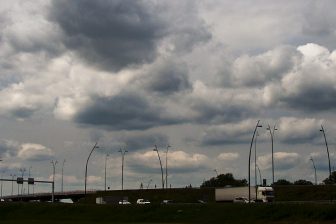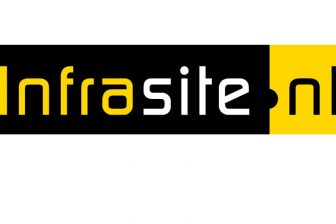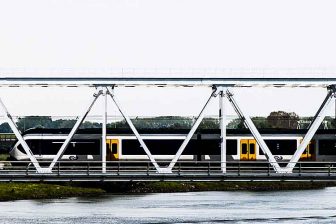CfP freight transport services Marco Polo
IP/07/422
Commission supports new freight transport services to fight road congestion and reduce environmental impact
Brussels, Belgium – The European Commission has 2007-03-27 published the first call for proposals for the creation of new freight transport services under the second Marco Polo programme. Successful projects should fight congestion on European roads and improve the environmental performance of the freight transport system, two main objectives of the EU transport policy. Companies across the European Union and beyond are invited to submit proposals in this second Marco Polo programme.
The general aim of the programme is to help companies during the high risk start-up phase of new services for shifting freight off the road and on to short-sea shipping, rail and inland waterways. The top-ranked projects in the competitive evaluation process will be offered grant contracts of up to six years. However, only projects capable of demonstrating sustainable non-road freight transport services – i.e. projects that can survive on the market even after they cease receiving EU financial support – have a chance at receiving a grant.
The call is open to applications for five types of actions, two of which are new compared to the first Marco Polo programme:
- Modal shift actions which will shift freight from the road to short sea shipping, rail, inland waterways or a combination of modes of transport;
- Highly innovative catalyst actions which are aimed at overcoming structural barriers in the freight transport market in the European Union, such as low-speed freight trains or technical interoperability problems of transport modes;
- Common learning actions which will improve cooperation and optimise working methods and procedures between actors in the freight transport chain.
The two new actions introduced by the second Marco Polo programme are:
- Motorways of the Sea actions which shift freight from road to short sea shipping or a combination of short sea shipping and other modes of transport, offering a very large-volume, high-frequency intermodal maritime transport service;
- Traffic avoidance actions which integrate transport into production logistics in order to reduce freight transport demand by road.
In order to cope with the two new actions and continue to address congestion problems and demand from the markets in an enlarged Europe, the budget for the 2007 call has been increased to € 57 million compared to € 35 million in 2006.
The full call text including information on how to apply for a grant is available on the Marco Polo website: http://ec.europa.eu/transport/marcopolo/guide_proposers/index_en.htm
U las zojuist één van de gratis premium artikelen
Onbeperkt lezen? Profiteer nu van de introductieaanbieding voor € 10,- per maand.
Bent u al abonnee?



